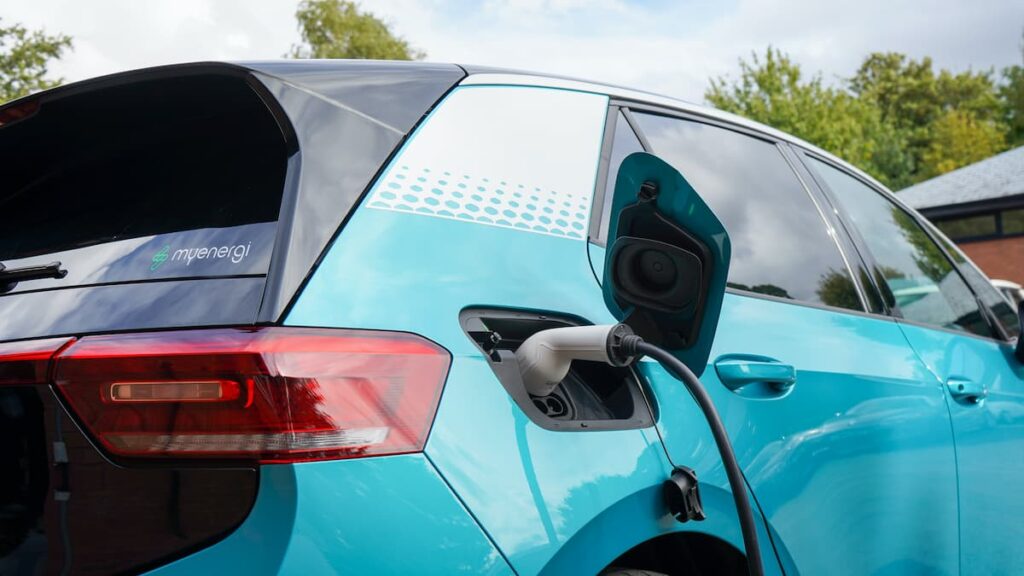Solar-powered cars or 100% electric vehicles? Where will the future of the automotive market be heading? Which option will prove to be the most sustainable solution? These are the questions we set out to explore. Today, talking about hybrid, electric, or even hydrogen-powered cars is no longer a rarity. These topics have become common discussions among car enthusiasts and environmental advocates alike. So, where do solar-powered cars stand in this evolving landscape? Have you ever considered them as a real option for the future of transportation? If your answer is "no," don’t worry — you’re not alone. Solar cars are still an emerging concept, but they may soon become a major player in the automotive world. Solar-powered cars are increasingly being discussed as a viable and eco-friendly alternative for automakers. In fact, several companies—both big and small—are already investing in their development. But how are these vehicles being designed and tested? And could we see a fleet of solar-powered cars on our roads in the next few years? It might sound like science fiction, but the reality is that solar cars are closer to becoming mainstream than many people think. If electric vehicle sales continue to rise, car manufacturers may soon introduce solar-powered models as another green option for consumers—alongside hybrids and electric vehicles. Solar-powered cars run on energy collected from the sun. To achieve this, manufacturers install photovoltaic panels on the roof and hood of the vehicle. These panels contain solar cells that absorb sunlight and convert it into electricity. This electricity is then stored in batteries, which power the car’s motor. With growing awareness of environmental issues and the depletion of natural resources, there's a strong push for cleaner alternatives. In Europe, for example, plans are already in motion to ban fossil fuel cars by 2035. This has led car manufacturers to explore more sustainable options. Electric vehicles are already here and are gaining traction globally. Hydrogen cars are also seen as a potential future solution, but some engineers believe solar power offers an even more promising path. Like electric and hydrogen vehicles, solar-powered cars come with their own set of advantages and disadvantages. Let’s take a closer look at what they offer—and what challenges they face. Despite these benefits, there are still some challenges that need to be addressed before solar cars become widely adopted. Solar-powered cars are still in the early stages of development, and many questions remain unanswered. However, the automotive industry is actively working to make them a practical and sustainable choice for the future. Have you ever considered owning a solar-powered car? If not, now might be the time to start thinking about it. The future of driving could be powered by the sun—and it’s closer than you think. Voyah Free Car,voyah free suv,voyah car price, Henan Wangdao Automobile Service Co., Ltd. , https://www.wangdaocars.com
Solar-Powered Cars: A Sustainable Choice
How Do Solar-Powered Cars Work?
A Growing Concern for Our Planet

Solar-Powered Cars: Pros and Cons
The Benefits of Solar-Powered Cars
The Drawbacks of Solar-Powered Cars
Solar-powered cars: the future or the present?
The Voyah Free is an electric SUV produced by Voyah, a premium electric vehicle (EV) brand under the Chinese automaker Dongfeng Motor Group. The Voyah Free is positioned as a high-end, tech-oriented electric vehicle with a focus on luxury, performance, and sustainability. It is part of China's growing EV market and targets consumers who are looking for a mix of style, advanced technology, and environmental friendliness.
Key Features of the Voyah Free: